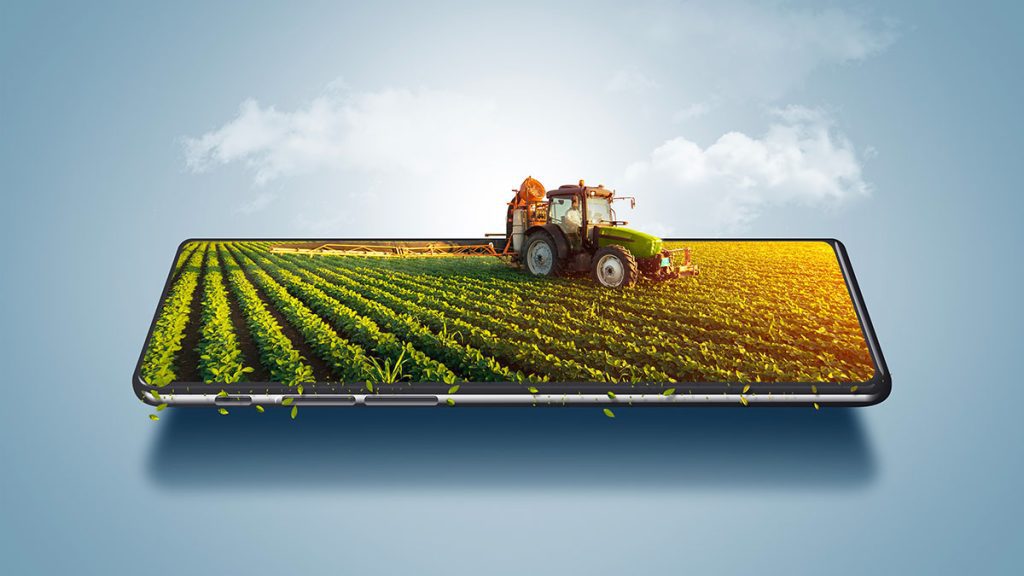
The impact of ICT on modern agriculture and the role of telecom in smart farming is of great importance. By using connected technologies such as IoT sensors, LPWAN, cellular connectivity, AI, and analytics, telecom technologies can enable solutions that help minimize resources usage in agriculture.
- ICT in agriculture can empower small-scale farmers by providing them with crucial information about crop protection, enhancing soil fertility and finding the best market price.
- The adoption of ICT in agriculture can benefit policymakers by providing them with information to design and execute agricultural and rural development policies.
____________________
Throughout history, the agricultural industry has played a significant part in human societies all over the world. The rapid development of Information and Communication Technologies (ICT) has significantly impacted modern agriculture’s organizational structure and operational methods agriculture’s organizational structure, and operational methods.
Role of Telecom in Smart Farming
Using connected technologies, the telecom sector has a well-known enabling effect on other sectors. IoT sensors, LPWAN, cellular connectivity, AI, and analytics are all used in smart farming and agricultural practices, telecom providers have a distinct role to play in enabling these solutions.
To minimize water usage in smart farming, a typical use case might involve the use of IoT sensors that track soil moisture levels. This would allow the farmer to use only the necessary amount of water.
Once in the cloud via an LTE or cellular network, the data from IoT devices can then be surfaced on the end user’s application. In this case, an operator may oversee the entire answer or may just be in charge of connectivity. Less advanced operators might be reduced to connectivity-only players, whereas more advanced operators are more likely to play a bigger role in this value chain.
Telecom Empowers Small-Scale Farmers
ICT in agriculture provides farmers in developing nations with crucial information about planting, crop protection, and enhancing soil fertility, allowing them to increase agricultural output. It also enables them to better prepare for sporadic events like floods, droughts, and even pest and disease outbreaks with weather-related advisories and alerts to avoid significant crop loss. To ensure they receive reasonable compensation for their produce, ICTs also give them a dependable way to look for the best market price in the neighborhood markets.
Agriculturists can now connect with the global network of farmers, agronomists, businesses, and other service providers to remain current on the latest crop cultivation techniques thanks to the use of the most recent technology in agriculture.
The benefit of ICT adoption in agriculture for policymakers is that information sharing helps them better understand the situation on the ground, which will help them design and execute agricultural and rural development policies that are advantageous to the farmers.
Concluding Thoughts
Telecom is a valuable addition to the agriculture sector, offering brilliant solutions making the farmer’s life easier, thus elevating the sector. Developed countries need more than just the introduction to these solutions. They need a proper regulation and implementation system to ensure that these solutions achieve their full potential.